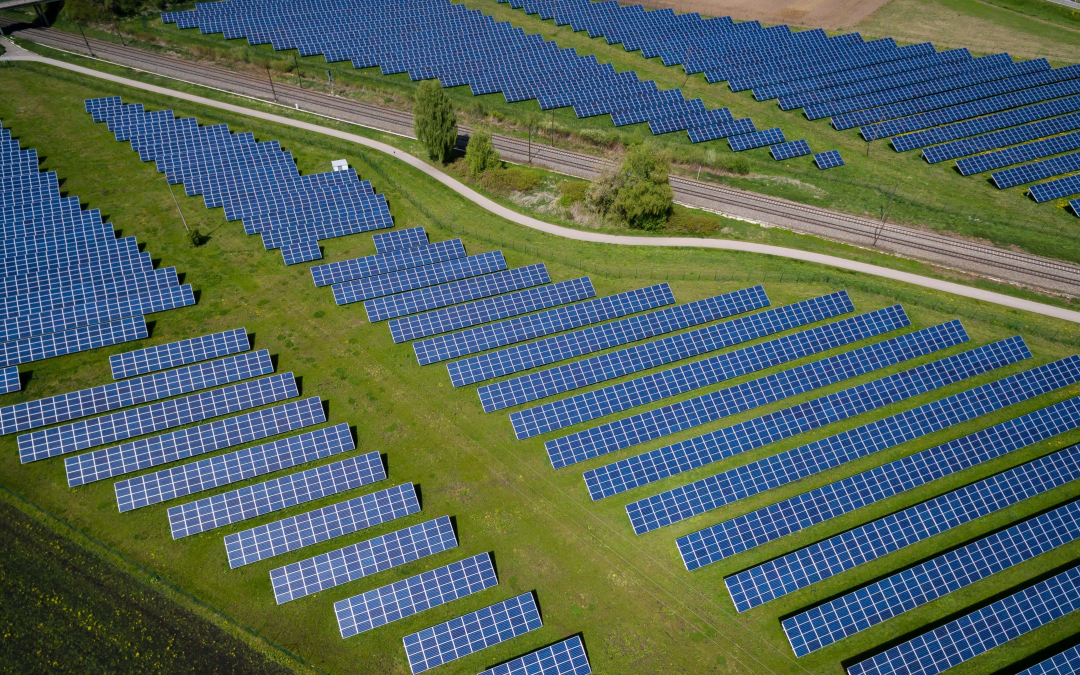As we confront the dual crises of climate change and environmental degradation, the importance of sustainable energy practices becomes increasingly apparent. Businesses play a pivotal role in this transition. While this change has costs, understanding the environmental benefits of implementing a sustainable energy plan is vital for our future.
Here is how businesses can adopt these strategies and motivate their staff to participate in this change.
Reducing Dependence on Traditional Energy Sources
Transitioning away from traditional energy sources like coal and oil offers businesses stability and independence. Fossil fuel prices are unpredictable and influenced by geopolitical events and supply chain hiccups. This presents financial challenges. Furthermore, as environmental concerns mount, reliance on these carbon-heavy sources risks reputational damage and regulatory penalties.
On the other hand, renewable energies such as solar and wind provide a more consistent, decentralised solution. They shield businesses from large-scale disruptions and align them with growing sustainability expectations, ensuring a more predictable and responsible energy future.
Environmental Benefits of Sustainable Energy
Sustainable energy, including solar, wind, and hydroelectric power, is vital in reducing a business’s carbon footprint. Unlike traditional fossil fuels, these renewable sources have minimal greenhouse gas emissions, contributing to a greener future.
Renewable energy is crucial for conserving natural resources. By reducing our reliance on non-renewable resources like coal and natural gas, we preserve these precious materials for future generations.
Another key advantage is that sustainable energy systems preserve biodiversity. Compared to traditional energy sources, which often lead to habitat destruction and pollution, sustainable energy systems have a less harmful impact on wildlife and ecosystems.
Business Advantages of Sustainable Energy
Transitioning to sustainable energy can lead to long-term cost savings. Though the initial investment in renewable technology might be substantial, the long-term savings in operational costs can also be substantial.
Consumer preferences are shifting towards businesses that demonstrate environmental responsibility. By adopting sustainable energy solutions, companies can improve their brand image and attract environmentally conscious consumers.
Governments worldwide are offering incentives for businesses that adopt green practices. These can include tax breaks, grants, and other financial benefits, making sustainable energy a financially viable option.
Integrating Sustainable Practices in Business Operations
The first step in integrating sustainable practices is conducting a thorough energy audit. This helps identify current energy usage patterns and pinpoint areas for improvement.
Setting realistic goals for energy reduction and renewable energy adoption is crucial. These should be achievable and measurable.
Investing in energy-efficient technologies and infrastructure is essential. This could range from installing solar panels to upgrading to energy-efficient lighting and appliances.
If on-site generation of renewable energy is not possible, businesses can purchase green energy from renewable sources, contributing to the overall demand for clean energy.
Engaging Staff in Sustainable Practices
Education is critical in gaining staff support. Employees should know why sustainability is important and how their actions can make a difference.
Involve employees in sustainability initiatives. This could be through challenges to save energy, forming green committees, or even simple actions like encouraging the use of public transport.
Incentivise employees who actively engage in energy-saving measures. Recognition and rewards can be powerful motivators.
Regular communication about the progress of the company’s sustainability initiatives helps keep the team informed and motivated. Sharing successes and areas for improvement fosters a culture of continuous improvement.
The Broader Impact of Sustainable Energy
Adopting sustainable energy practices also contributes to the wider societal push towards a more sustainable future. By setting an example, businesses can influence other companies and individuals to follow suit.
Energy sustainability plays a crucial role in mitigating the effects of climate change, which has become a global priority. By reducing emissions, companies contribute to a healthier planet.
Economic benefits also arise from the sustainable energy sector, including job creation in new industries such as solar panel installation, wind turbine manufacturing, and energy efficiency consulting.
Moving Towards a Sustainable Future
Embracing sustainable energy is a responsible environmental choice and a smart business strategy. The benefits range from reduced operational costs to enhanced corporate reputation. By engaging staff in these initiatives, companies foster a culture of sustainability that extends beyond the workplace.
As an energy provider in Australia, we at Next Business Energy are committed to working towards a more sustainable future that benefits businesses and the planet.
Contact us for how we can help you enact a sustainable business energy plan.

